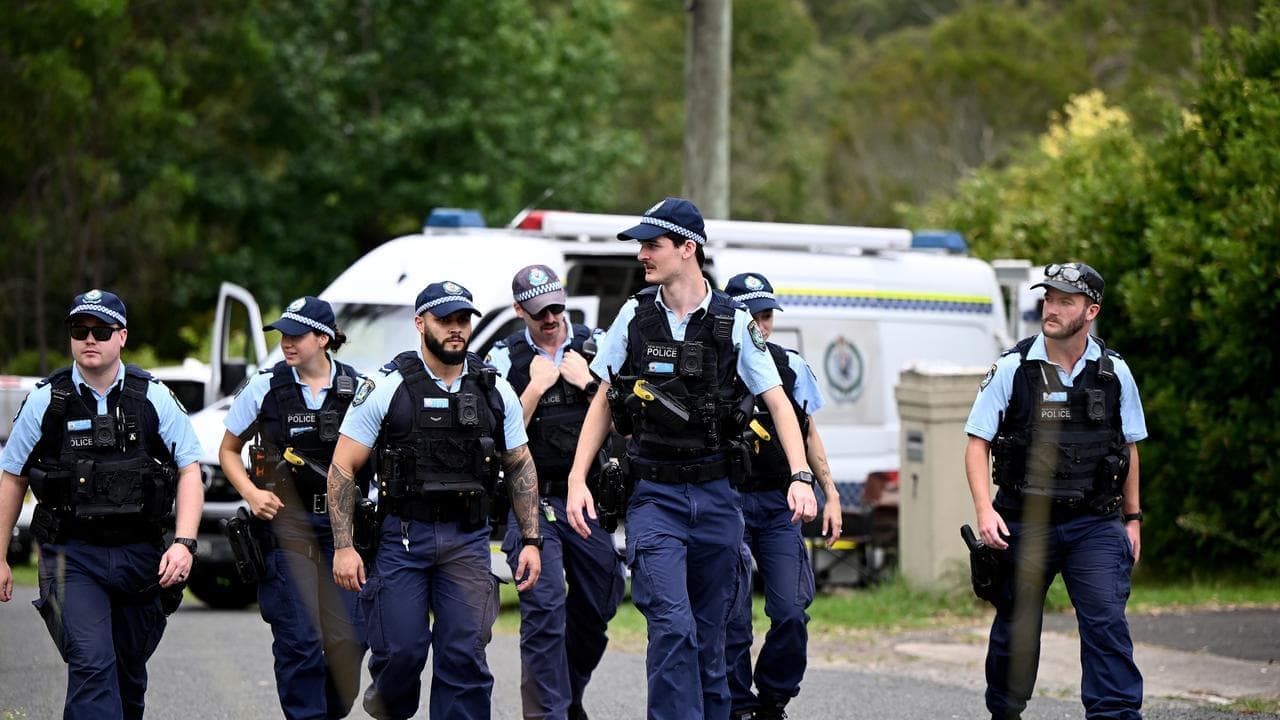WHAT WAS CLAIMED
The government has chosen not to provide brochures outlining the ‘yes’ and ‘no’ cases ahead of the voice to parliament referendum.
OUR VERDICT
False. A pamphlet will be sent to every household where a voter is enrolled at least two weeks before the referendum.
A Facebook post claims that the federal government has decided not to mail voters information pamphlets outlining the 'yes' and 'no' arguments for the Indigenous voice to parliament referendum.
This is false. The government last year considered ditching hard-copy pamphlets, which must be posted to voters by the Australian Electoral Commission ahead of referendums, but they ultimately decided to keep them.
Laws passed in March legally require the government to continue mailing physical pamphlets to voters.

The post (archived here) states: "In all previous referenda the voters have been provided with an information brochure which included the arguments for and against.
"For this referendum the government has chosen not to do this.
"It will presumably rely on social media, media and TV which have not covered themselves in glory when it comes to presenting the facts rather than the opinions.
"To hide arguments, properly presented by each side from the voters is to trust ignorance and prejudice far more than is good for a decision."
The government flagged its intention to dump the physical pamphlets in December with Special Minister of State Don Farrell saying at the time the Referendum Act "does not reflect modern delivery and communications methods".
But Labor backtracked on the plan after backlash from the opposition and campaign groups.
Referendum laws require the electoral commissioner to post a pamphlet to every household where a voter is enrolled at least two weeks before voting day. The pamphlet must outline the proposed constitutional change along with arguments for the 'yes' case and the 'no' case, which are authorised by members of parliament who either vote in support or against the referendum bill.
The arguments for and against are presented as essays which can be up to 2000 words. An example of the 1999 Republic referendum pamphlet can be found here.

The Referendum (Machinery Provisions) Amendment Bill passed in March 2023 maintains the legal requirement for physical leaflets to be mailed to households (page 7).
The law also includes funding for a neutral campaign to educate voters about the referendum process, bans foreign donations over $100 and requires campaigners to publicly report on donations and spending in line with ordinary election thresholds.
The government has said it will not provide public funding to 'yes' and 'no' campaigns, with each side required to raise its own funds.
AAP FactCheck has previously addressed claims about the voice to parliament here, here, here, here, here, here, here, here, here and here.
The Verdict
The claim that the government has chosen not to provide voters with pamphlets outlining 'yes' and 'no' arguments ahead of the Aboriginal and Torres Strait Islander voice to parliament referendum is false.
While Labor had initially proposed dumping the requirement for the electoral commission to post physical information pamphlets to voters, the decision was ultimately reversed. The referendum law passed in March 2023 retains the requirement for physical pamphlets.
False – The claim is inaccurate.
AAP FactCheck is an accredited member of the International Fact-Checking Network. To keep up with our latest fact checks, follow us on Facebook, Twitter and Instagram.












